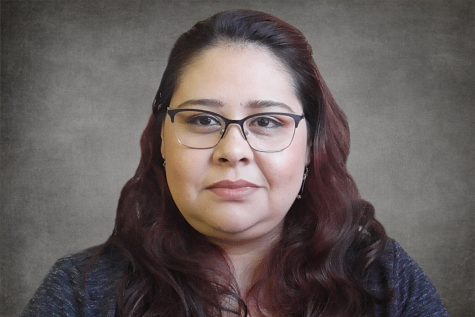AB540 expands financial resources
Oct 17, 2018
A Senate Bill was added to the Assembly Bill 540 exemption to expand its requirements for waving non-resident college tuition. Prior to the expansion, eligibility was dependent on the applicant completing three years of high school as a requirement.
On Jan. 1 of this year, the Senate Bill 68 expanded the qualifications for AB 540 and AB 2000.
Now, the law allows students to complete the requirements by allowing students to use time spent in elementary, middle school, adult school and community college.
“AB540 has been in effect for over a decade if students are eligible. It allows us to waive (an undocumented student’s) non-resident tuition,” Director of Admission and Records Catherine Frost said.
Contra Costa College eligible students must complete a California Nonresident Tuition Exemption Request and submit it to the Admissions and Records Office. Students applying for an exemption request may be required to submit additional documentation such as transcripts from previous schools.
AB540, originally created in 2001, established an exemption for undocumented students from paying non-resident tuition for those students who have attended high school in California and received a high school diploma or its equivalent.
Before the new addition to the law earlier this year, AB540 students were required to complete three years of attendance at a California high school and have obtained a high school diploma or the equivalent, a General Education Development (GED).
However, thousands of undocumented students who arrive to the United States after the 10th grade weren’t able to complete the three years of high school education required to qualify for AB 540.
“This is a great opportunity for students who want to go further with their education, but the government should do something to help students to legalize their status once they graduate,” counselor Suzanne Huey said.
“If students come here to CCC and they want an education, we process the paperwork and we help them get the most out of the system.”
After the Trump administration turned its back on DACA last year, undocumented students and their families hesitated to share their immigration status with counselors and the Administration and Records Office.
They feared information submitted on campus would automatically transfer to Immigration and Customs Enforcement (ICE) authorities. But according to The Family Educational Rights and Privacy Act (FERPA), colleges and universities can’t release student information.
FERPA protects the privacy of students’ educational records, including their immigration status, except under specific circumstances — such as a court order.
“At Contra Costa College, we do not report anybody who comes to this country illegally. It’s not our duty to report undocumented students.” Huey said.
Even though recent immigration policies are not favorable toward undocumented students, experts advise students to stay in school.


